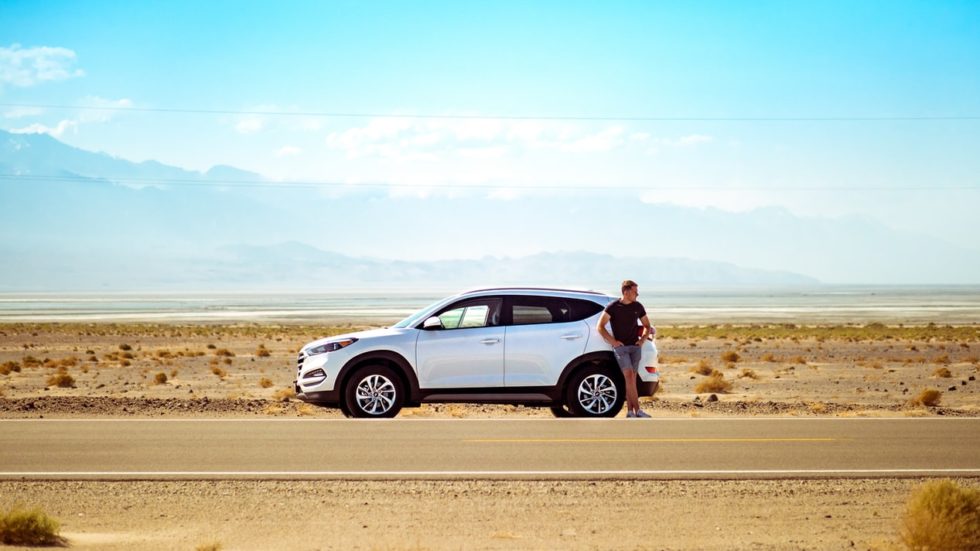When is the right time to replace your vehicle? Well, the answer to this question is different for different car owners due to numerous factors such as disposable income, personal preference, and maintenance schedule. While there is no definitive answer, here are five signs you should look out for to indicate it may be time to invest in a new car.
1. When your car breaks down regularly
This is one of the most recognizable signs that you need to begin searching for a replacement car. With regular use, your car’s mechanical system deteriorates over time. The deterioration process occurs faster if the car has racked up miles due to heavy usage. As your vehicle’s condition worsens, the period between subsequent breakdowns shortens significantly.
It becomes financially imprudent to maintain a vehicle that demands repair costs regularly to operate. It is also important to note that individual repair costs increase as the car ages. When you have to visit the mechanic every other week, it is time to move on.
2. When fuel costs increase
Fuel expenditure is one of the most significant costs of car ownership. This is why every car manual has a fuel economy rating, which is usually represented as Mile per Gallon (MPG). This rating only applies when the vehicle is in optimal condition. With age, and the accompanying wear and tear, a vehicle’s engine becomes less efficient when it comes to converting fuel into energy. This worsening fuel economy usually manifests itself in increased fuel costs.
Another sign of bad fuel economy is poor performance during emissions tests. If your vehicle can’t pass your jurisdiction’s emissions tests without significant engine modifications, then it is time to invest in a newer, more fuel-efficient (and environmentally friendly) model.
3. Changing needs
One of the most important factors to consider when purchasing a car is the vehicle’s appropriateness to your personal and environmental needs. For example, people living in rural areas tend to opt for pick-up trucks and other off-road friendly models due to poor road conditions.
Larger families are also better served by vehicles with more seating (and luggage) capacities and stellar safety ratings. As your needs change, you might discover that your current vehicle is ill-suited to your current needs – regardless of its performance and condition. If one pivots their career with a switch to a landscaping business, a two-door sports car is no longer the right car for them; they now need a pick-up truck.
Other changes that may necessitate the need for a new car include a growing family, income change (either positive or negative), or moving to a different part of the country.
4. Rising insurance costs
One of the more interesting aspects of car insurance is that it costs more to insure older vehicles than newer models. Many complicated variables come into play as your vehicle ages, one of which is that the insurer expects your vehicle to break down more frequently.
Older models also have easily compromised security systems that are easier to crack than the state-of-the-art security systems in newer models. At some point, the rising cost of insurance will not be economically feasible, given that the vehicle’s value is simultaneously decreasing. It is wise to start budgeting for a replacement car before reaching this point.
5. The shame factor
Despite the – often herculean – effort that most car owners make to keep their beloved cars in good condition after years of use, ultimately, most vehicles become decrepit. It becomes hard to find genuine replacement parts, and the breakdown cycle becomes shorter. Whenever you feel some level of shame, or even hesitancy, when you drive your car – it is time to start planning for an upgrade. If you are more oblivious regarding car trends, take note of your friends and family’s reactions when they ride in your car.
Shipping your new vehicle
Your new dream vehicle may not be in your local dealerships. If this is the case, you need to ensure that you partner with the proper shipping companies for shipping. Always consider the shipping company’s reputation, registration details, insurance options, and cost when vetting the companies that will ship your new vehicle.
By: Eman, Content Campfire

